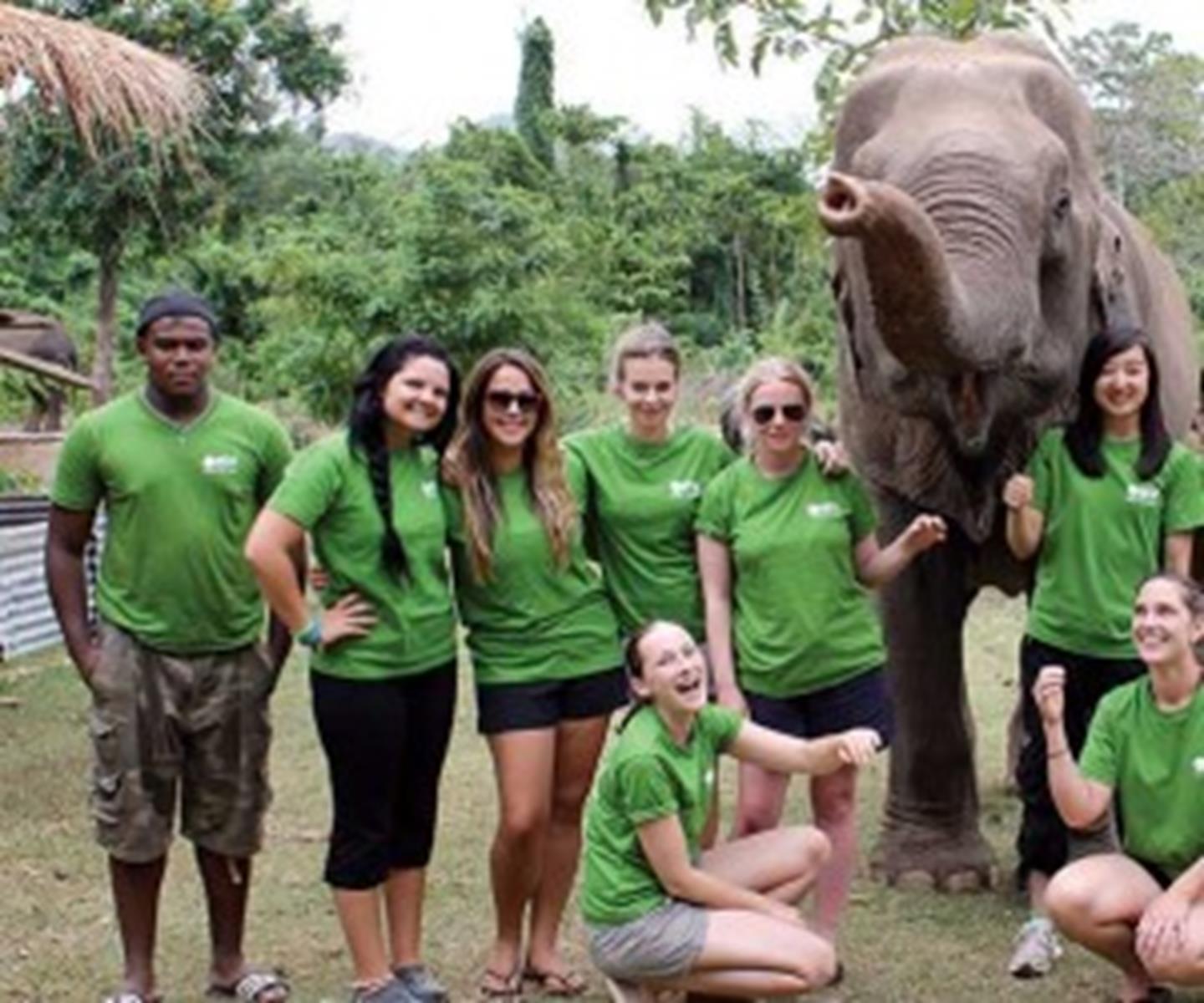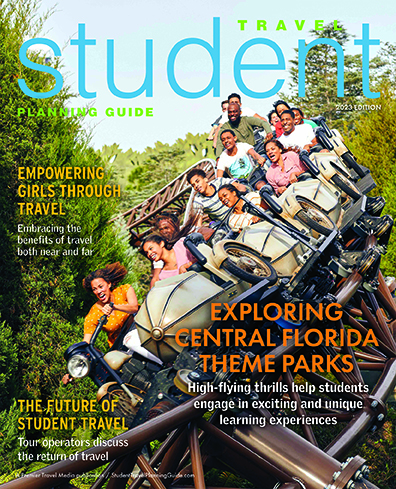Also known as “service learning,” volunteering abroad is now one of the most popular forms of youth travel as it allows the volunteer to gain a rich cultural experience that backpacking or hotel-hopping simply cannot provide. With more and more schools and colleges requiring students to gain volunteer experience, it is important that you do your research to learn which program provider is right for you.
International Student Volunteers has been running volunteer and adventure programs since 2002. Since then, this USA-based, non-profit organization has given more than 25,000 students a life-changing experience to impact their world though sustainable conservation and community development programs. As ISV’s program director, I offer some pointers for volunteers or group leaders who are looking to explore the exciting world of volunteering abroad and need some help identifying what makes a quality program. Here are some issues to consider:
Safety
Your safety should be your provider’s No. 1 priority. You’ll be participating in tasks you may not be trained in, possibly in a foreign-speaking country. You may not have much international travel experience and therefore many questions about vaccinations and other safety concerns. And if something unfortunate may happen to you while overseas, such as an illness or injury, can your provider support and guide you? Does the provider just say “safety first,” or does it have the formal procedures and an office providing 24-hour support in your host country to back up what they say?
Check that your provider has:
- Thorough pre-departure information related to safety
- 24/7 office support in the event of an emergency
- First aid-qualified project staff
- Emergency response planning
- Training on tasks, supervision from project organization and daily briefings on safety concerns
Contributing to Sustainable Development

In Thailand, International Student Volunteers (ISV) supports a sanctuary for elephants that have been rescued from the tourism and logging industries.
You want to make a difference, but to what? It’s a huge effort to fly overseas and volunteer for a cause, so it’s crucial to make a careful choice about what sort of organization to support. With so many needs in the world, a volunteer project should address real issues so that your time and effort is being used where it is most needed. Above and beyond “financial aid,” your service should contribute to a greater cause where the goal is to make a positive impact for people and planet.
Some projects may look exciting (often related to animals), but you should be sure that the project is really making a difference to help our planet. Don’t be afraid to ask your host organization to justify the projects it runs. ISV prides itself on only supporting projects that meet our goals to contribute to sustainable development.
When we say we want every project to “contribute to sustainable development,” the projects should focus on improving social conditions (i.e. infrastructure development, children’s education programs, conservation research, environmental management). What happens to the project after you leave? What is the management plan? These are wise questions to ask to ensure the longevity of your volunteering efforts.
Volunteer Preparation
What do I need to bring? Do I need vaccinations? What about money or communications in my host country? Are there any cultural issues I should be aware of? Who will meet me when I arrive? Do I get an orientation? When will I get information on my project? These are some of the many questions relating to preparation prior to departure to your host country. A volunteer program provider should be able to answer these questions in a timely manner. In addition, upon arrival in your host country and beginning your project experience, you should receive information and training to enable you to comfortably settle in and the tools to effectively and safely participate.
Volunteer Support
Many volunteers are traveling to a new destination, possibly to a place where their first language is not well spoken. A volunteer program provider should provide their volunteers with support. This means guidance, and in the worst case scenario, if something does go wrong while overseas (medical, logistical or even a problem with the project itself), the organization is there to help you.
As a bare-bones requirement, there should always be a 24-hour emergency line while overseas, but the best-practice approach is that a representative should be physically able to assist. ISV has a staffed office in each country in which it operates.
Site Inspections of Projects
You may be surprised to learn that many volunteer service providers offer projects to their customers, but have never actually been to the project locations. How can you be assured that your volunteer program provider really knows what they are offering inside out?
Not only should volunteer experiences be accurately represented on websites and other promotional materials, but program providers’ staff should be able to provide answers to questions based on real experiences. The only way to know for sure what type of volunteer experience is available is to visit it, meet with the host organizations, talk to volunteers, see the accommodations, know how meals will be provided, meet with host families (if applicable), get an indication of free-time activities available and find out how to get to the nearest medical clinic or hospital. Site inspections should be conducted regularly by any volunteer service provider.
Educational Aspects
A volunteer experience is not only about giving, but also about learning. Learning can be about personal development such as learning new skills and working in a challenging new environment. Especially with student volunteering, educating the students about social and environmental issues should be a key objective. At the very least it’s important for volunteers to understand how each project’s activities link to the overall goals of the project, within the context of local, national and international levels.
Your volunteer program provider should help you to understand the “big picture” and learn about the culture as well. Some programs, such as ISV, have structured discussions and educational objectives; others aim purely for “education through experience.”
Having Fun
Volunteering can be hard work and at times demanding and repetitive. Sometimes it can be stressful and challenge you like never before. However, the best programs will also allow you to have fun. Your project should permit you some free time so that you can take advantage of your surroundings, relax and meet the local people. Ask how your volunteer provider incorporates fun into the program through elements like free time, social/cultural activities, engaging leaders and team-building exercises.
In conclusion, volunteer programs not only benefit the receiver of the help, but also greatly change the perspective of the volunteer. The quality, objectives and focus of the program provider can make or break a participant’s attitude towards continuing to volunteer and changing their world. So, it is important to do your research and find a provider that can ensure a meaningful experience.
Bio
Narelle Webber is program director of International Student Volunteers, based in Yorba Linda, Calif. In 2012 she attained a master’s degree in sustainable development at Macquarie University in Sydney, Australia. (isvolunteers.org)






